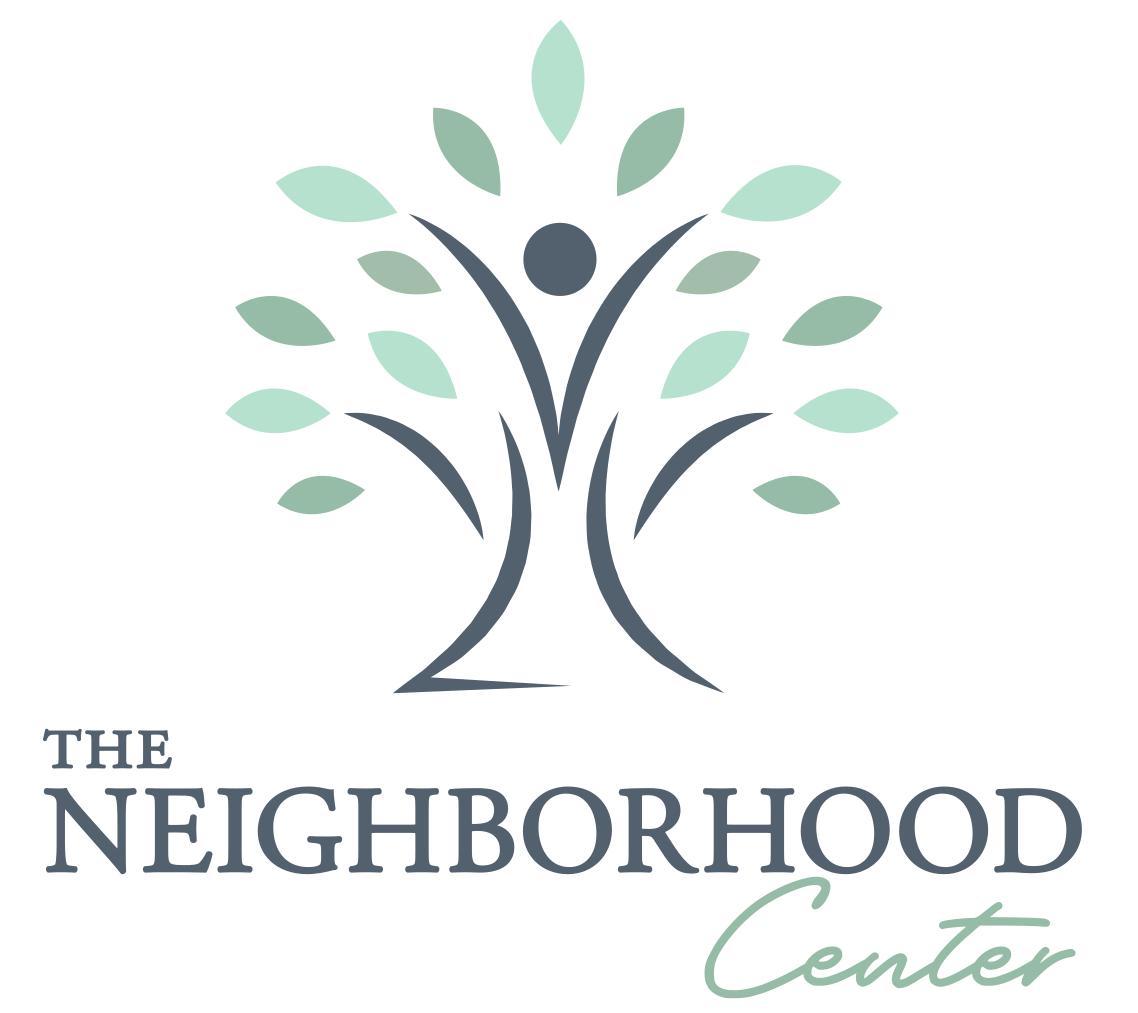How Job Stress Contributes to Your Mental Health
Something that is very well known in the scientific world is that job related stress affects you emotionally and mentally. Many people either have to work, or, choose to work in order to keep them busy and help them feel a sense of being needed which is important to maintaining our mental health.
However, too much stress at work can cause you to take a downhill dive. There are a few steps you can take in order to limit the amount of job stress each day:
- Get enough sleep! Stress and worry generally cause a lack of sleep which can also make you vulnerable to even more stress. When you get enough sleep it’s much easier to balance out your emotions and keep yourself calm at work.
- Prioritize and Organize. Leave your house early in the morning – even 5-10 minutes can mean the difference between you trying to get to your desk quickly and having time to ease into your day. Running late increases your stress levels. You can also break projects into smaller tasks and steps. If your project seems overwhelming, turn the project into steps and focus on one at a time rather than trying to take on everything at once.
- Utilize your small breaks. Whether your break is 5 minutes or 15 minutes, you can use that time to de-stress. Sitting down and meditating or taking time to relax may seem silly and unnecessary but it will make you calm so you can tackle the rest of the day!
Stress can seem overwhelming at work but by taking these three steps, you can decrease your anxiety and stress levels a lot.
The Neighborhood Center is a comprehensive Human Services Agency in Central New York. All Services are based on a philosophy of empowerment – Helping people to help themselves. Our mission is to enrich the lives of individuals and families through cooperative opportunities, resources, and advocacy which embrace diversity, promote empowerment, and foster responsible citizenship. For more information about The Neighborhood Center and its services go to www.neighborhoodctr.org
By Elise Pape, Program Director of Adult Recovery Services.



